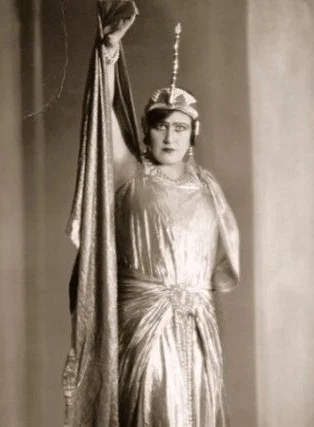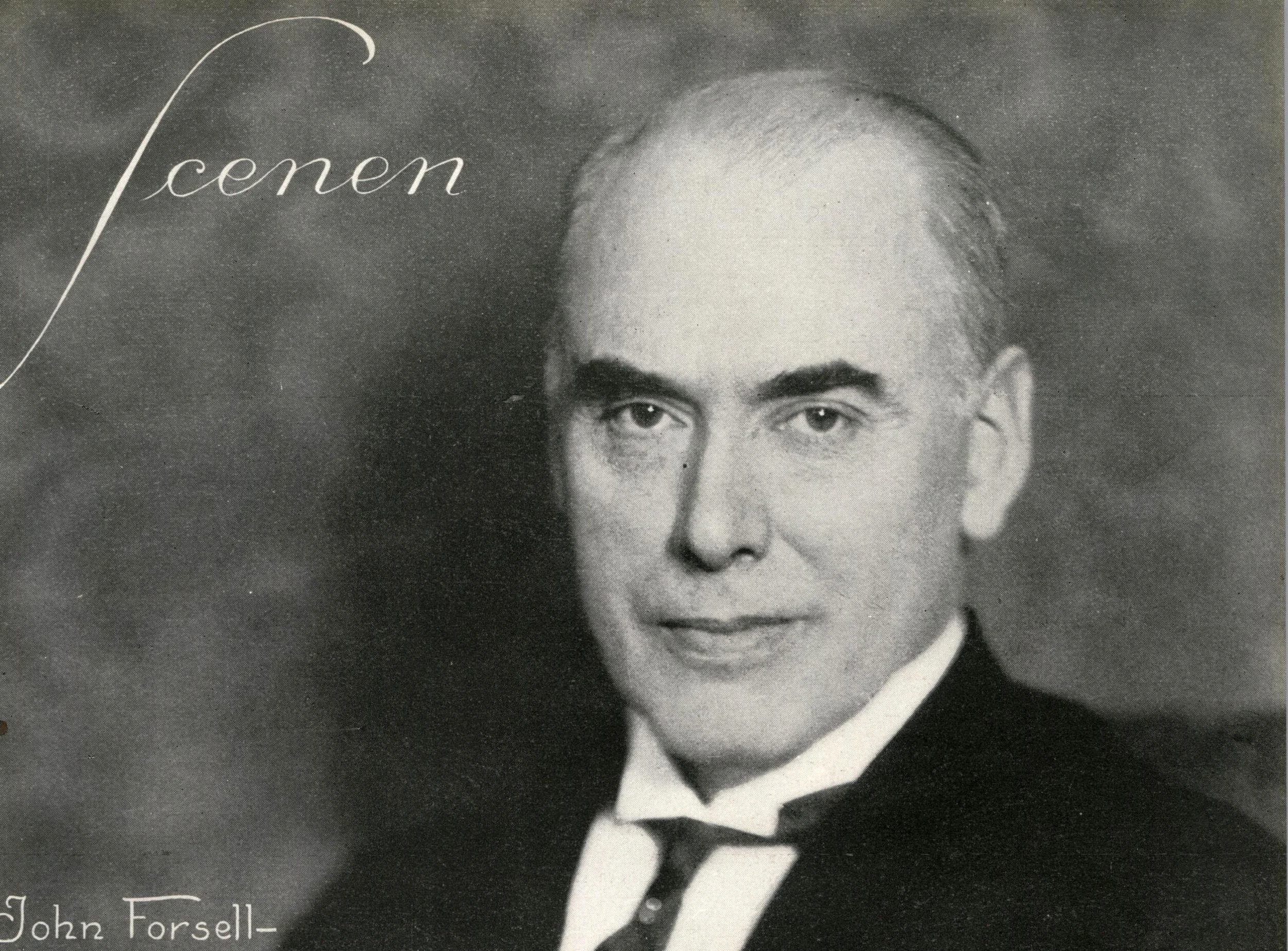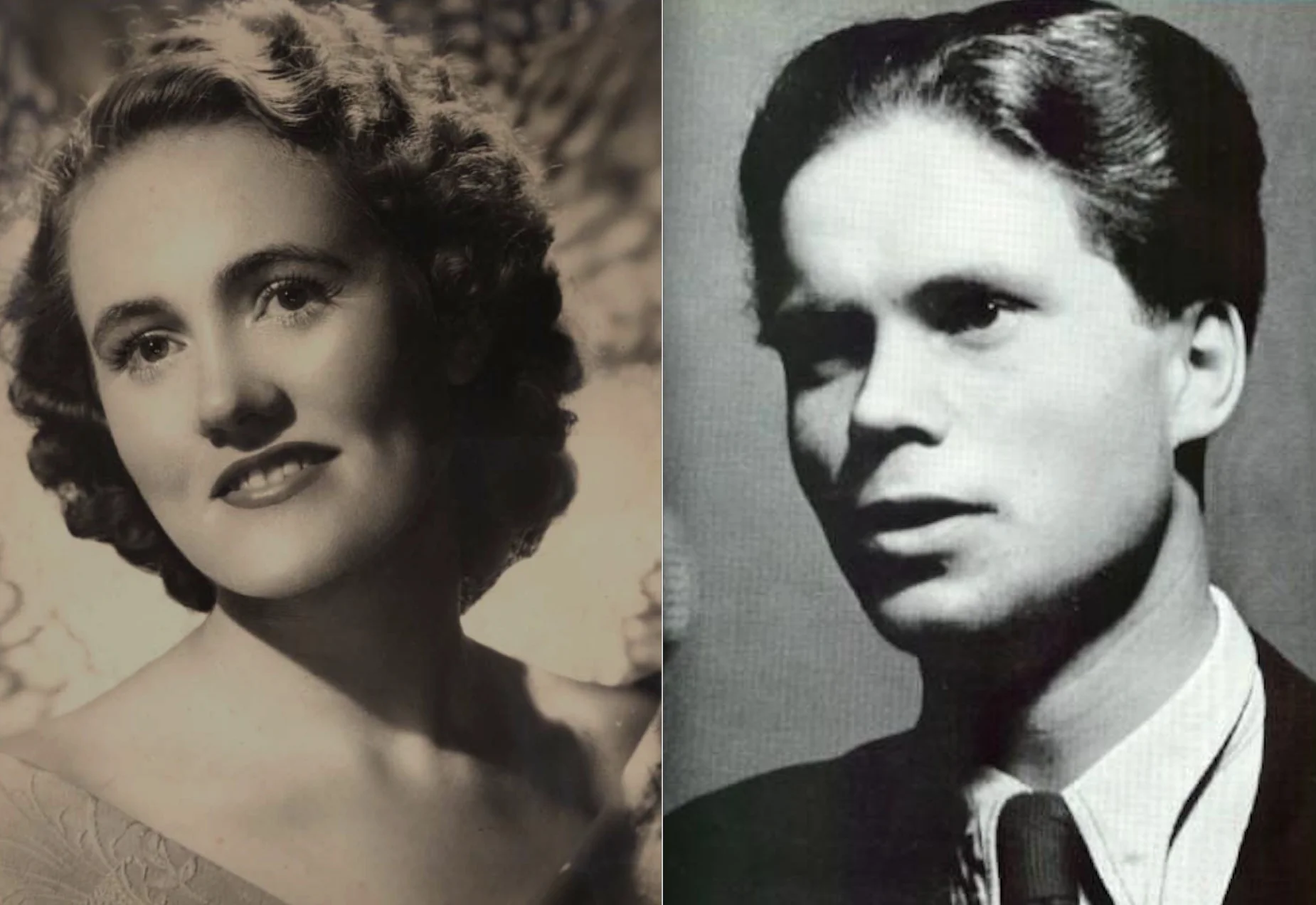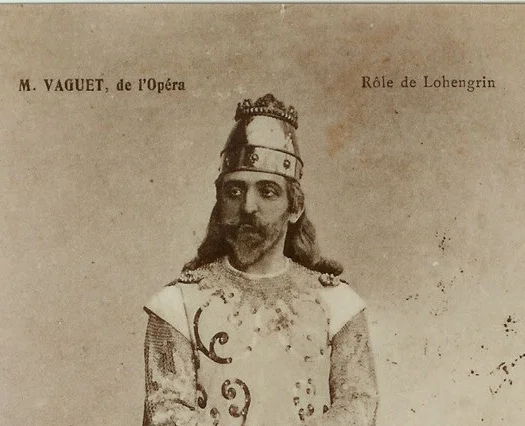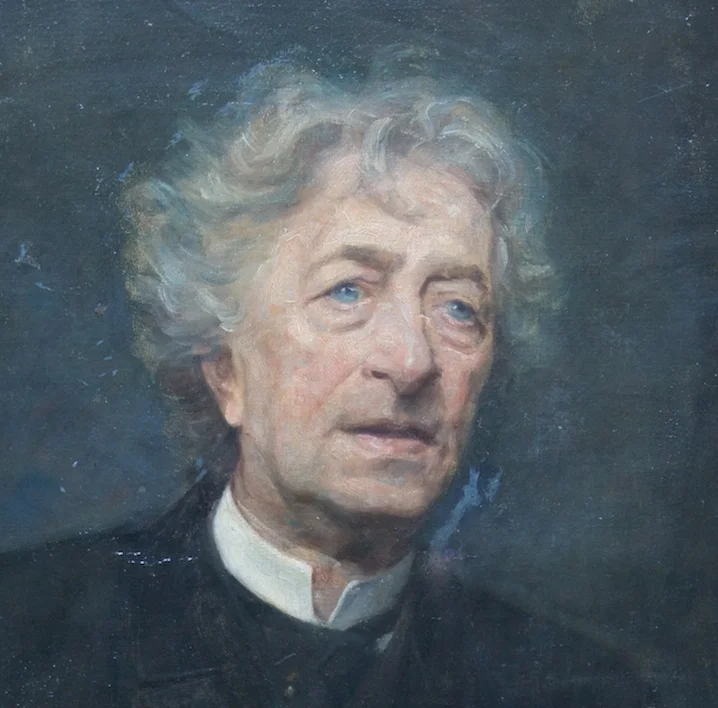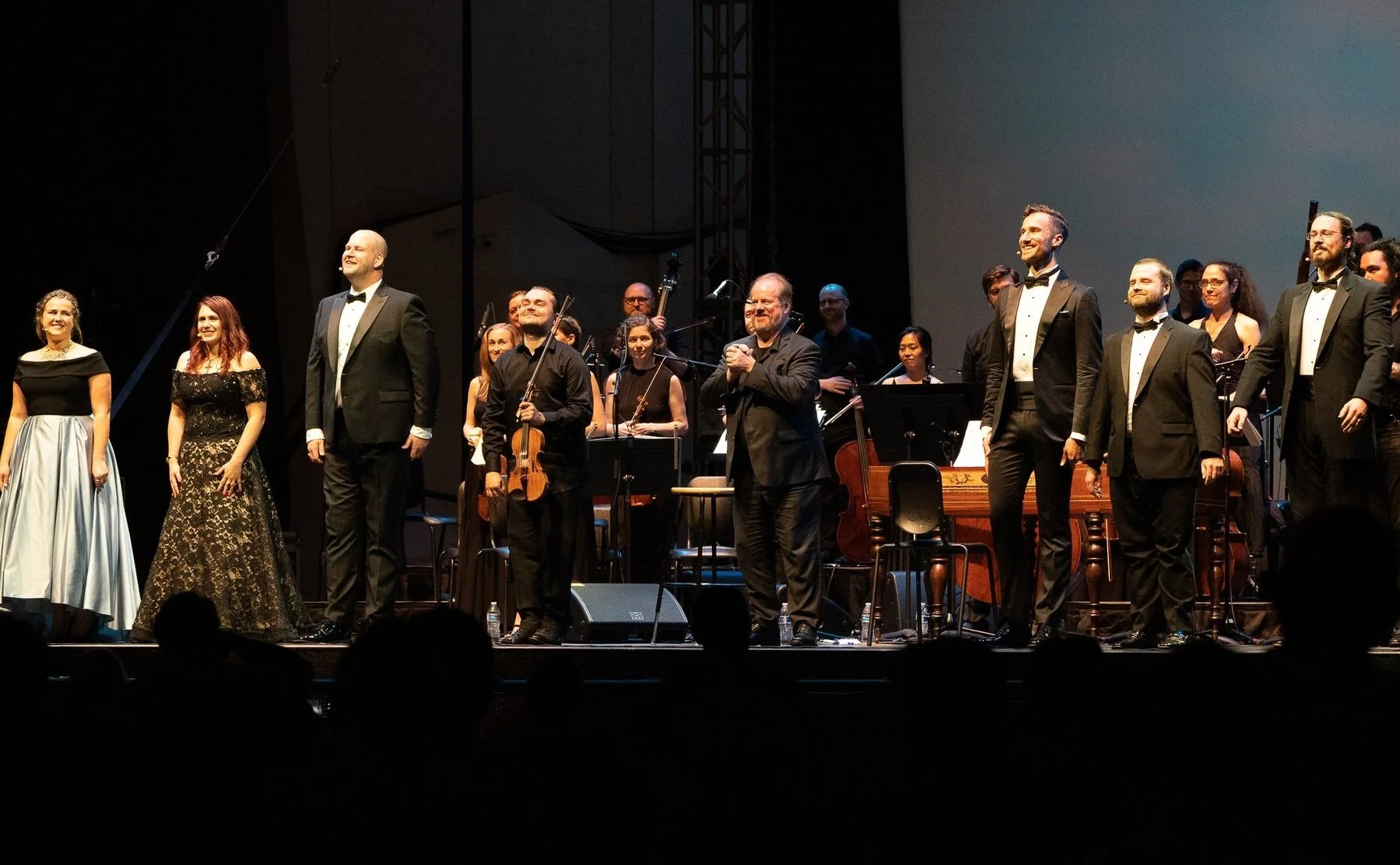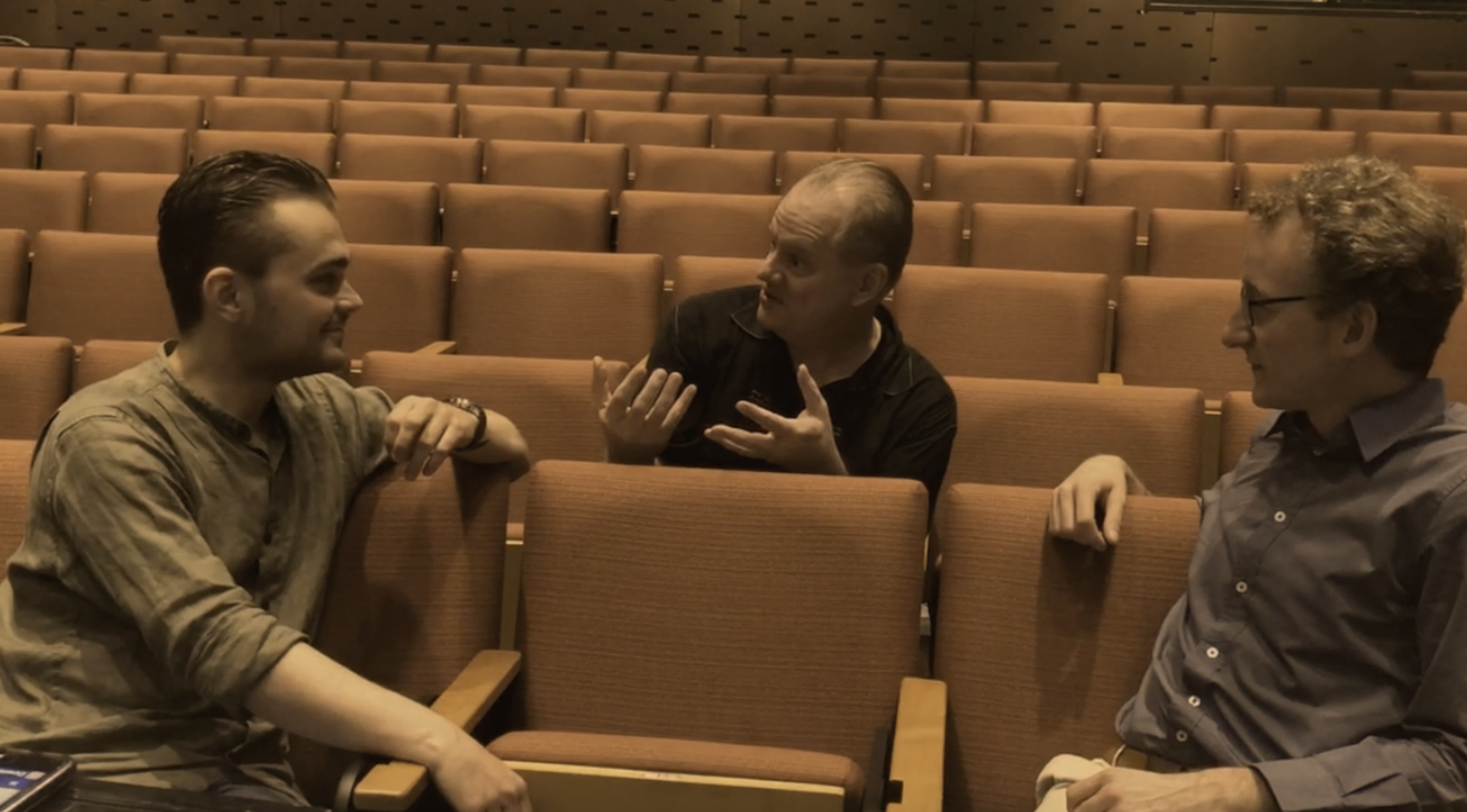Sounds like Elektra to me…
Gutheil-Schoder as Elektra, 1915 photo by Madame d’Ora
What would you expect to hear from a soprano described by critics as “the singer without a voice,” whose repertory included Schoenberg’s Erwartung and Pierrot lunaire, who was most appreciated for her memorable acting as Elektra, Salome, and “a strange, Nietzschean Carmen”?
We’re talking about Marie Gutheil-Schoder (1874-1935) - Mahler called her “a musical genius” and she actually premiered Erwartung (as well as the vocal solo in Schoenberg’s Second String Quartet). She was an early proponent of Mahler’s own song-cycles when the public was still reluctant to accept him as a composer. Strauss began training her for star parts when she was still a beginner, alternating small roles with a chorus gig in Bayreuth.
She sang at the Vienna State Opera for 26 years and later became a stage director. She made an early silent film (Friedrich Feher’s The Forbidden Land) and took on the pantomime role of Potiphar’s Wife in Strauss’s Josephslegende while she was still in full career as a leading soprano. Everyone thought of her as a fascinating artistic personality. But what kind of sound would you expect to hear, and what kind of vocal handling?
Gutheil-Schoder as Elektra, 1915 photo by Madame d’Ora
Probably not what is found on the seven ultra-rare records she made in 1902. Here are two of them - the first and second parts of Frau Fluth’s aria from The Merry Wives of Windsor. The recording quality is dim even for those early days, and the known copies of the originals are extra-noisy from wear and tear, but with close listening you can get an idea of both voice and personality.
I admit I wouldn’t mind at all hearing Elektra sung with such clean attack, pure intonation and cool sweetness of timbre. And the smooth, precise velocity of her runs is just what one would want in Fiordiligi or Donna Anna. One high C near the end sounds like she might have appreciated a second try, if splicing had been possible in those days, but every other note seems ideally secure and easy. I wish we could see her in action (the film, as far as anyone knows, has not survived). Her photos do not look like the typical diva of those days; something “modern” and progressive was obviously going on. But something old-fashioned and disciplined was obviously going on as well, at the level of vocal training.
Teatro Nuovo puts great emphasis on learning from the singers who had never heard, or heard of, microphone singing - primitive recordings from more than a century ago, forming a link to the traditions of opera’s heyday and the infinite potential of the natural, unassisted human voice. Check this space regularly for samples, and click here for some pointers on how to listen.
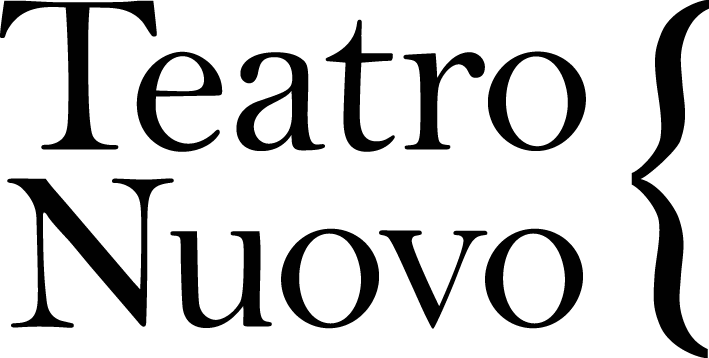









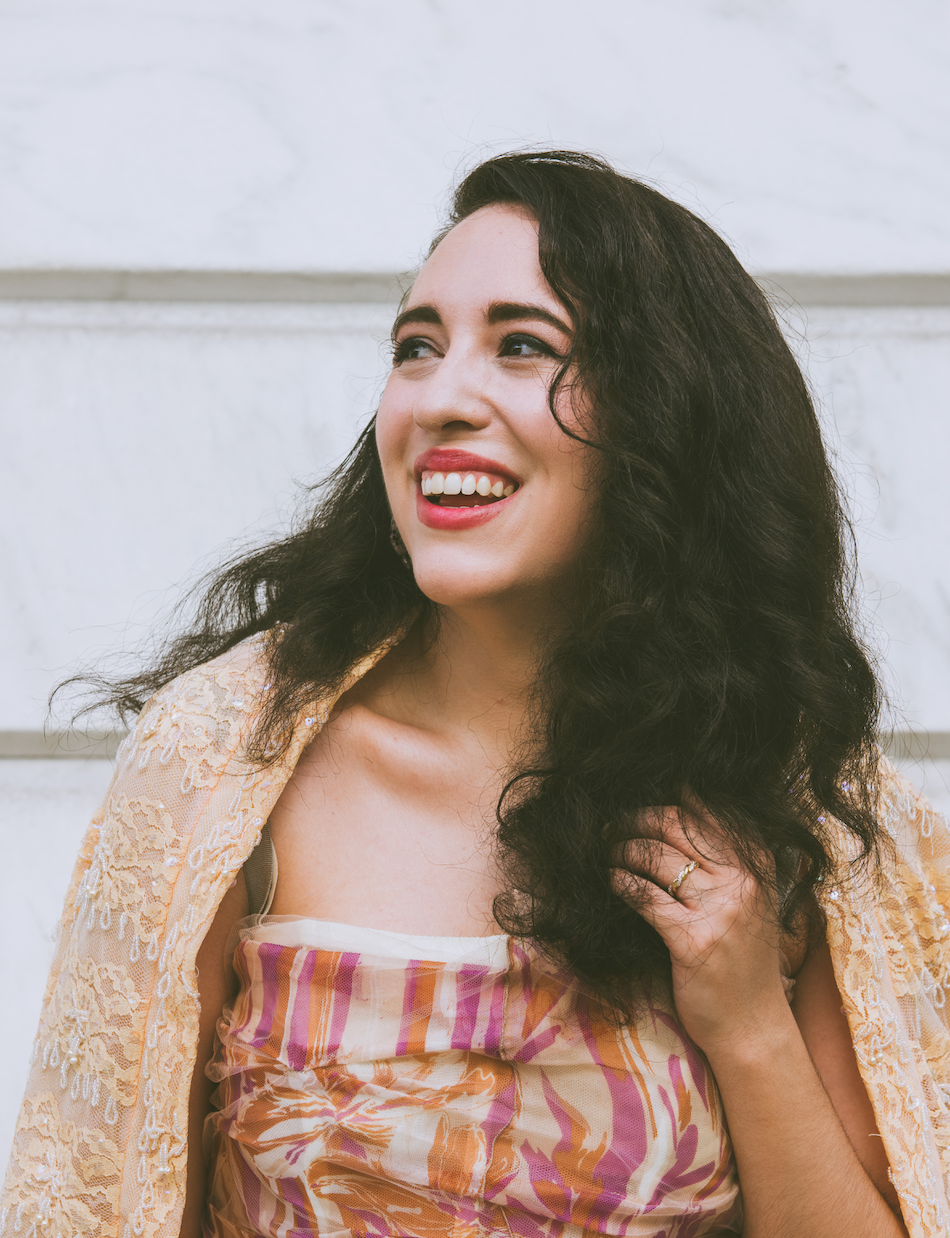













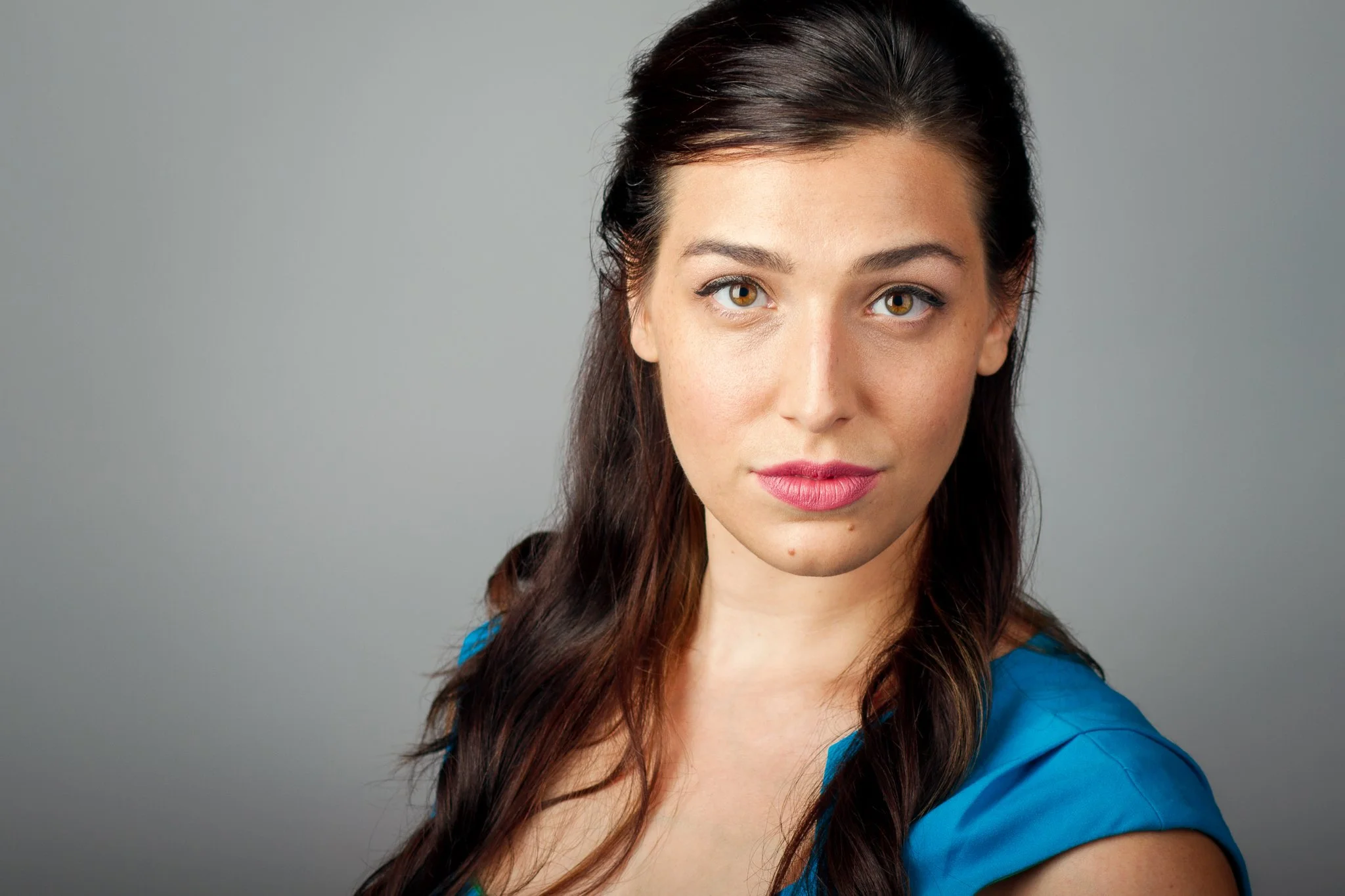










![Image 2 - Henry T. [Harry] Burleigh - Detroit Public Library.jpeg](https://images.squarespace-cdn.com/content/v1/596bb4e703596e837b624445/1591713684327-N7HW488JSZ7EN8T5AJSR/Image+2+-+Henry+T.+%5BHarry%5D+Burleigh+-+Detroit+Public+Library.jpeg)







